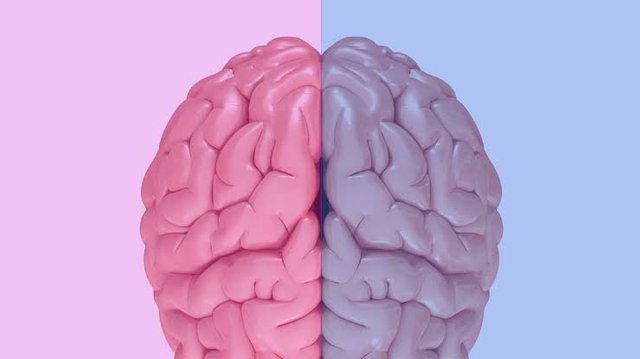
The Female Brain: A Complex and Powerful Entity
The female brain is a remarkable and intricate organ, with unique structures and functions that distinguish it from the male brain. Here are some fascinating facts:
Larger corpus callosum: The female brain has a larger corpus callosum, which connects the two hemispheres and facilitates communication between them. This may enable women to process information more efficiently and effectively.
More gray matter: Women tend to have more gray matter in areas related to:
- Emotion: Women's brains have more gray matter in emotional centers, making them more empathetic and emotionally intelligent.
- Language: Women's brains have more gray matter in language centers, contributing to their generally superior verbal skills.
- Memory: Women's brains have more gray matter in memory centers, which may explain their better memory performance.
Hormonal influences: Fluctuations in estrogen and progesterone levels affect brain function and behavior, influencing:
- Mood: Hormonal changes can impact mood, leading to increased emotional sensitivity and mood swings.
- Cognition: Hormonal fluctuations can affect cognitive abilities, such as memory and concentration.
- Emotional responses: Hormonal changes can influence emotional responses, making women more empathetic and nurturing.
Multitasking mastery: Women are often adept at multitasking, thanks to the female brain's ability to process multiple tasks simultaneously. This may be due to the increased connectivity between brain regions.
Emotional intelligence: The female brain is wired to excel in emotional intelligence, empathy, and social skills, making women exceptional:
- Communicators
- Caregivers
- Collaborators
Resilience and adaptability: Women's brains are highly adaptable, enabling them to cope with stress and adversity. This resilience may contribute to women's ability to manage multiple responsibilities and challenges.
Neuroplasticity: Women's brains are more malleable, allowing for greater reorganization and compensation in response to injury or disease.
Brain aging: Women's brains tend to age more slowly, with less cognitive decline and a lower risk of dementia.
Remember, individual differences are significant, and not all women's brains will exhibit all of these characteristics. However, these facts highlight the remarkable capabilities and unique aspects of the female brain.